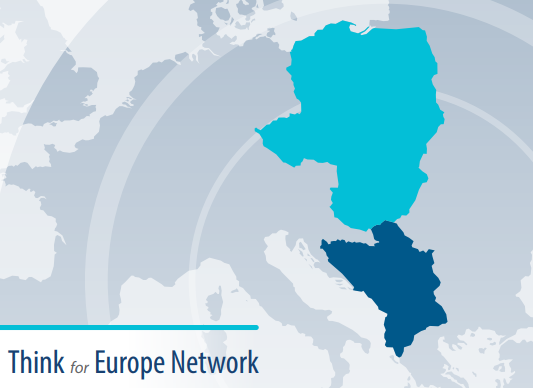Civil Society and Policy Making in the Visegrad Group Countries: Lessons for the Western Balkans
Civil society organisations (CSOs) of the Western Balkans (WB6) are relatively young compared to their counterparts from Visegrad countries (V4). This could be seen as a natural consequence related to political and historical circumstances in both regions over the past 20 years: the early transition to democracy in the V4 countries paved the way for growth of civil society sector and accelerated its development, while simultaneously the WB6 region experienced a severe social, economic and political downfall. Indeed, the post-communist era in the V4 served for the civil sector growth, as organisations could provide assistance in terms of expertise and resources in certain areas where, still fragile and recovering states, could not manage to do so. The development of civil society sector in V4 was therefore to a great extent impacted by democratic reforms, along with early public administration reform and Europeanisation processes, while the WB countries were still recovering from the fierce conflict period at that time.
It is our immense pleasure to share with you a collection of articles produced within the project Raising capacities and advocacy potential towards more substantive involvement of CSOs of V4 and WB6. This collection provides insights into challenges of civil society participation in policymaking in three countries of the Visegrad Group (Czech Republic, Hungary and Poland), in the intention to share valuable lessons for the Western Balkan countries. Articles are a result of experience exchanging events that took place in spring and summer of 2017, gathering representatives of TEN Network and partner organisations from Visegrad countries: namely, a two-day workshop addressing experiences from Poland and Hungary was held in Budva (Montenegro) on 12-13 May, while on June 26-30, representatives of each of the TEN member organisations, together with civil servants from each of the Western Balkan countries, participated in a study tour to Slovak Republic and Czech Republic.
This study is funded by Visegrad Fund.
Regional-Study-Web
